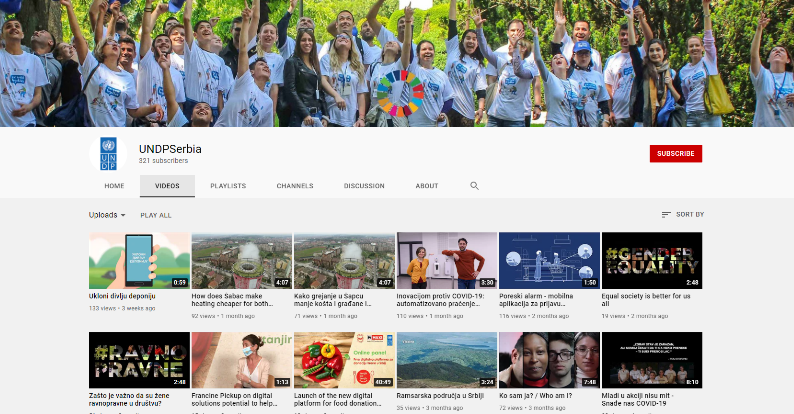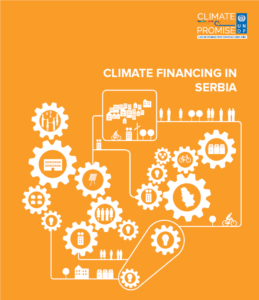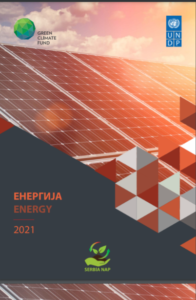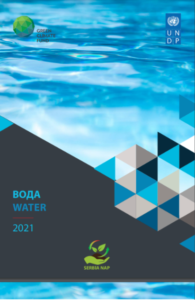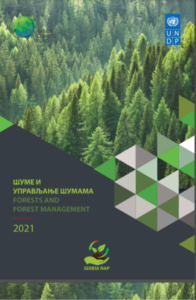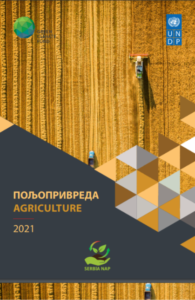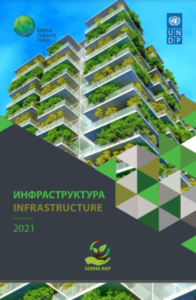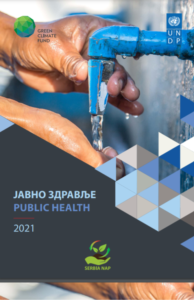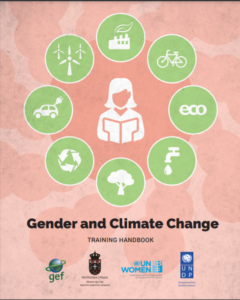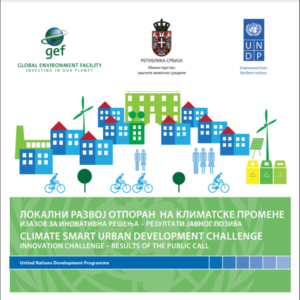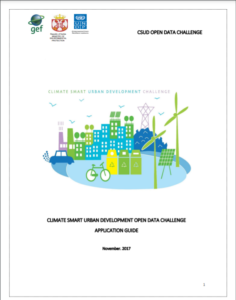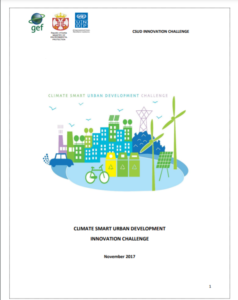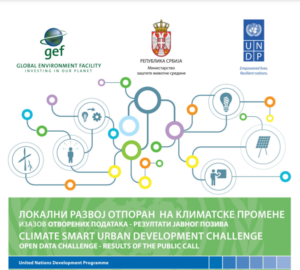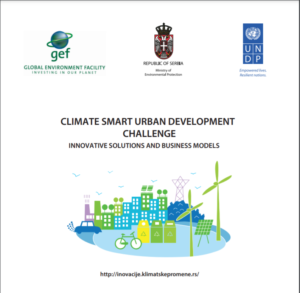5 NOVEMBER 2021
Serbia signed the Sofia Declaration on Green Agenda for the Western Balkans, reaffirming country’s commitment to compliance with the EU standards and norms, as well as the Paris Agreement targets. This particularly refers to decarbonization of the economies and green businesses transformation.
In this context, Serbia, as well as other countries of the Western Balkans, gradually increases its climate ambition while maintaining the competitiveness of the economy, engaging the corporate sector and at the same time taking care that no one is left behind. In cooperation with international organizations and partners, this event will discuss following challenges: how to set the right ambition and how to mobilize partnerships and financing for implementation?

Ms. Sara Pavkov

Ms. Sandra Dokic

Mr. Zarko Petrovic

Ms. Dragana Radulovic

Moderator: Miroslav Tadic, UNDP Programme Analyst
09:20-09:30
Ms. Sara Pavkov
CoP26 Vice President
09:30-09:45
Ms. Sandra Dokic
Assistant Minister for Environmental Protection
and GEF Operational Focal Point for Serbia
09:45-10:00
Mr. Zarko Petrovic
Programme Specialist, UNDP Serbia
10:00-10:10
Ms. Dragana Radulovic
UNFCCC FP for Serbia
10:10-10:30
Ms. Nina Hadji
French Development Agency
Ms. Bérengère Mercier
SAFEGE/SUEZ group
10:30-10:50
10:50-11:00
This initial study provides overview of levels and structure of climate change related expenditures and recommendations for introduction of climate budget tagging.
The study represents another step toward achieving objectives that Serbia is pursuing through the international CC agenda and compliance with the EU climate policy. It is a diagnostic assessment designed to measure the degree to which the local Public Financial Management (PFM) system and all of its associated sub-components are capable to support the fulfilment of CC related policy objectives in the country through efficient tracking of climate change expenditure. The study is providing analytical foundations for reform in the domain of building the necessary capacities as well as more effective human and financial resources allocation to achieve better CC performance. The aim is to provide better understanding of how much government spends on CC, assess the visibility of CC financing in the budgets and provide directions on how to enable better tracking of the CC spending to contribute to increased performance of CC policy agenda.
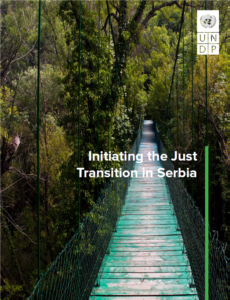 Initiating the Just Transition in Serbia
Initiating the Just Transition in Serbia
This report provides baseline analyses for leaving no one behind in the coal intensive regions and communities. The transition to a low carbon economy is set to bring important social, economic and environmental benefits to Serbia as a whole, but like any deep transformation these benefits, and the associated costs, are not equally distributed across the society.
This initial study recognizes the need for multi-sectorial, international-national-local collaboration and proposes measures classified in two main groups: 1. Welfare and Reskilling measures, and 2. Economic Diversification measures. The study gives overview of international best practices worldwide and provides 7-step approach in establishing a roadmap for just transition.
The study recommends follow up actions and concludes that the later the efforts for a just transition are implemented – the more expensive and less successful the transition will be.
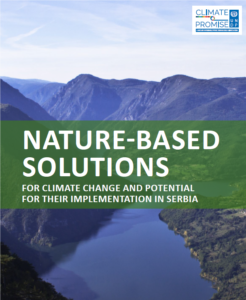 Nature-based Solutions for climate change in Serbia
Nature-based Solutions for climate change in Serbia
This Study aims to explain Nature-based solutions concept, and its implementation framework for proper design of the solution and reduced risk from its misuse; considers latest literature on NbS; explores potential for NbS implementation in Serbia, by extracting data and information from previous studies and documents and suggest measures that fit NbS context with potential for implementation in Serbia; advises on actions for enhancing utilization of NbS in Serbia.
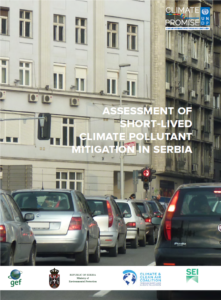 Assessment of Short-lived Climate pollutants in Serbia
Assessment of Short-lived Climate pollutants in Serbia
This initial assessment of SLCPs is providing recommendations how to better align actions to improve air quality and mitigate climate change in Serbia.




